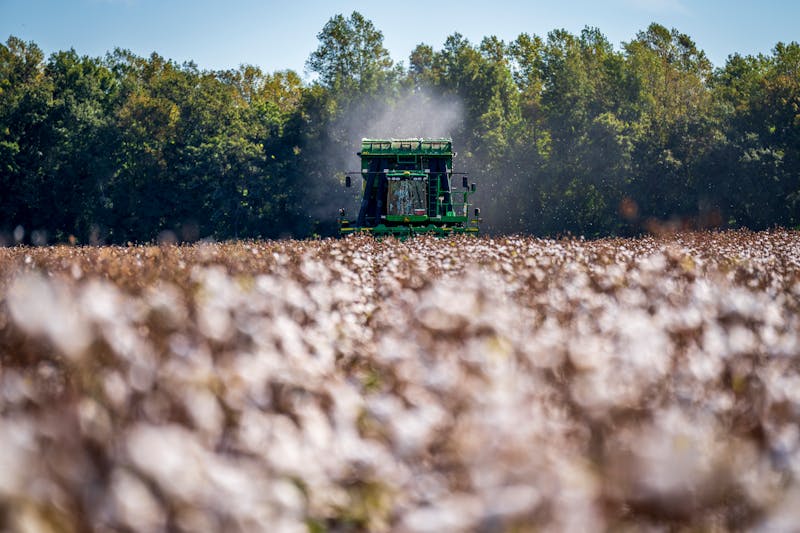
In a powerful stride towards social responsibility and child welfare, the alliance between Better Cotton and Search For Justice gains strong backing from the Better Cotton Growth & Innovation Fund's (GIF) Knowledge Partner fund. The objective of this partnership is to bolster the Better Cotton Initiative, alongside its partner organization, Rural Education & Economic Development Society (REEDS), in their collective pursuit of eradicating child labor from cotton farming communities in Rahim Yar Khan, Punjab.
Envisioned as an 18-month endeavor, this project holds a primary focus on elevating the capabilities of 195 field personnel, vital cogs in the intricate machinery of this mission. The central aim of this project is to cultivate a profound comprehension at the farm level. This involves discerning the nuanced distinction between age-appropriate child engagement and the exploitative realm of child labor.
The partnership extends its mantle to provide comprehensive mentorship and guidance to the diligent field staff, empowering them to skillfully identify, vigilantly monitor, and adeptly take corrective measures against instances of child labor. This empowerment also entails a heightened sensitivity to the relevant legal and institutional frameworks that underpin this struggle.

Insight into the Challenge from Kamran Kashif
Kamran Kashif, the perceptive capacity-building manager at Better Cotton, brings attention to the significant challenge at hand. He emphasizes the vital need for a comprehensive approach that thoroughly explores the complex foundations of child labor. In the ongoing effort to address this pressing issue, Kashif highlights the importance of establishing partnerships with relevant stakeholders to collectively drive progress. This approach gains even more significance due to the extensive nature of the problem, spanning both the cotton sector and the wider agricultural arena.
In a reinforcing testament to their commitment, Better Cotton draws attention to the staggering revelations of the Pakistan Bureau of Statistics (2021-22) labor force survey. Shockingly, the survey exposes that a staggering 1.2 million children, aged 10-14, are entangled in labor across diverse sectors within Pakistan. Most concerning is the fact that the agricultural sector houses a staggering 56% of these tender laborers.
NRSP's Alarming Findings
The profundity of the issue is further illuminated by the National Rural Support Program's (NRSP) 2012 findings, which suggest an alarming count of up to 10 million child workers spanning various age spectrums enmeshed in the clutches of child labor. Delving deeper, the NRSP's 2012 assessment unveils the unsettling reality that 385,000 children are ensnared in labor within Rahim Yar Khan and the peripheral districts of Punjab. Of these, a noteworthy 26% are contributing their youthful efforts to cotton farming activities.
In parallel, the fervor of Better Cotton and Search For Justice extends to embracing consultations with public sector stakeholders in Punjab. This engagement seeks to channel support towards advocacy initiatives, encompassing not only the concern of child labor but also the broader narrative of dignified work. This forward-looking stance harmoniously aligns with the aspirations of Target 8.7 within Goal 8 of the United Nations' Sustainable Development Goals. This target sets a resolute deadline of 2025 for the complete eradication of child labor in all its harrowing manifestations.
The stakeholders, including Better Cotton and its collaborative partners, echo their unwavering commitment to global endeavors. They are steadfast in their resolve to initiate substantive measures that proactively thwart, identify, and rectify the scourge of child labor within the intricate fabric of cotton farming communities.